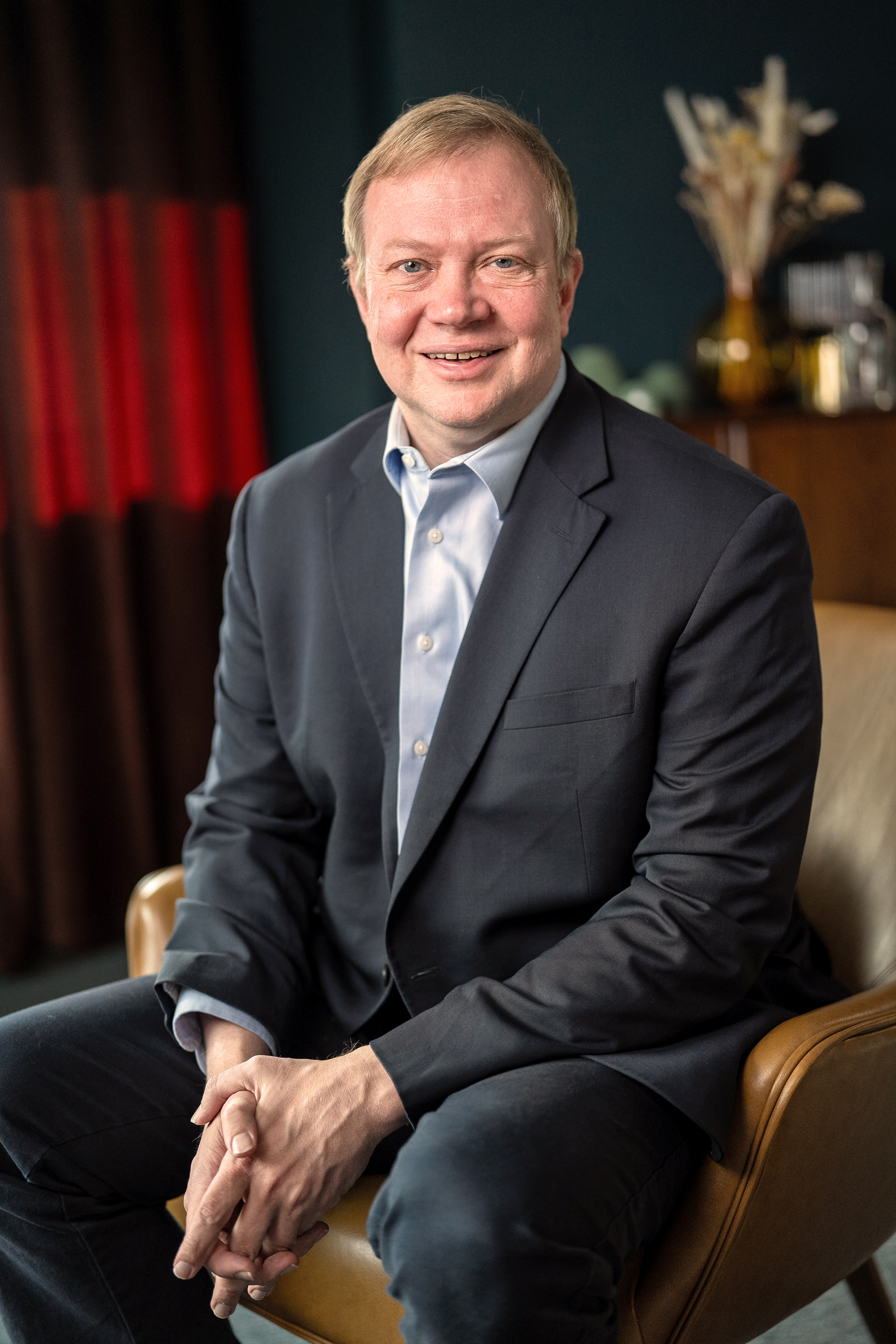Who would sit on today’s “committee to save the world”
That is one of many interesting issues raised by Times selectman Floyd Norris today.
As Norris notes, Alan Greenspan never had half the power people thought he had. All he does is set short-term (credit) risk free US rates. The markets set most other rates. And increasingly, policy decisions elsewhere shape some of those key rates (ten year Treasuries, anyone).
More importantly, the US is not the financial power it once was. That reality likely implies, should something happen, that the composition of the Committee to Save the World (that was the name Time magazine gave to Greenspan, Rubin and Summers after the 97 Asian crisis and the 98 LTCM/ Russia/ Brazil crisis) would need to change.
“Mr. Greenspan’s power and prestige probably peaked in the late 1990’s. That was symbolized by the 1999 Time magazine cover that proclaimed the ”Committee to Save the World“ with him as chairman, and Treasury Secretary Robert E. Rubin and his deputy, Lawrence H. Summers, as lesser members. Now the financial power of the United States, and thus of the Fed, is reduced, a trend that Mr. Bernanke has been a leader in analyzing. Given who owns dollars, if a similar committee were needed now, it would not be an all-American one, and probably would have to include someone from China.”
The composition of the Committee particularly needs to change if in some sense it is the US - not the world - that needs to be saved. The US obviously has an enormous impact on the rest of the world, so the US cannot be separated out from the rest of the world. But capital (on a net basis) pretty much flows one way right now: from the rest of the world to the US. That is big change from 97-98, which was all about managing the consequences of a big drop in private flows to the emerging world; the next crisis is likely to be a bit different. See Roach, who, after flirting with being a bond bull, is back to his bearish current account obsessed self.
Another point, one also highlighted by Paul Krugman.
The Federal Reserve Board is not the only economic policy making institution that matters:
Greenspan made one key decision as part of the committee to save the world: he cut rates in 1998, after Russia and LTCM. That rate cut had the desired effect - and I do not want to minimize its impact.
But it was hardly the only key decision.
William J. McDonough of the New York Fed (controversially) stepped in to encourage LTCM’s creditors to bail it out. Greenspan gave at least his tacit consent, but the point person was McDonough.
And the Treasury did a thing or two as well. It
- Supported an IMF loan to Thailand, though not as large a loan as the Thais wanted
- Supported a big loan to Korea, and when that proved insufficient to stop the run, the Treasury twisted the arms of a few banks to encourage them to stop pulling their short-term credit lines. That policy worked.
- Supported IMF lending to Indonesia but only if Suharto made big changes to Suharto, inc -
- Supported a $5 billion cash infusion to Russia in the summer of 1998, but then pulling the plug after only one installment of a bigger financial package in August, once it became clear that Russia was not getting its fiscal house in order (and market rates were not coming down). Pulling the plug was a big deal. The NSC did not want to do it. But Rubin did not think the conditions for success were there - read his memoirs. He was right.
- Supported a series of IMF programs for Brazil: an unsuccessful one that tried to defend Brazils peg, and a successful one that helped Brazil transition off its peg and address its fiscal problems. Rubin’s view is that even the first program was a limited success - it meant Brazil devalued only after the markets calmed.
And Rubin and Summers (with the support of Clinton) ran a classic counter-cyclical fiscal policy in the face of the equity bubble, building up “fiscal ammunition” for the bursting of the bubble. The surge in tax revenues associated with a surging stock market was saved rather than spent.
My point: the Treasury matters. It has far more policy levers to pull than the Fed, even if each of those levers individually lacks the global punch of policy interest rates. And if - as is widely suspected - John Snow steps down, the choice of a new Treasury secretary will matter too.
Bernanke’s job in a crisis will be a lot harder if fiscal policy works against monetary policy - and right now, it looks like the US is heading for a tight(er) monetary policy, loos(er) fiscal policy mix for 2006. I am not sure that is the best of all possible policy combinations.
If a Bush White House that is under stress caters to its “base” and picks a Treasury secretary to sell a tax “reform” plan that is designed to mobilize the “economic conservative” part of the base of the Republican party with tax cuts disguised as tax reform for the 2006 midterm elections, I would really start to worry.
On the plus side, Tim Adams has brought some energy to the Treasury International Affairs staff, and the Administration’s pick (Adams‘ pick?) for Assistant Secretary for International Affairs - Clay Lowery - is everything the Administration should be looking for in all its appointments (smart, sensible, competent, experienced). Full disclosure: Clay was part of the Treasury career staff, so we worked together on “debt” issues a few years back. I confess to being biased.
Update: More on the “diminished Fed” from Rich Miller of Business Week. Note the Summers quote.
